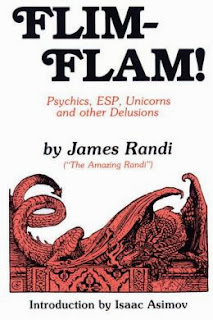 Gray Man thriller, On Target was also nominated for a Barry Award in the Best Thriller category. Ballistic, the third in the series also received glowing reviews including a rave from the New York Times comparing flipping the pages of the Mark Greaney thriller to “…playing the ultimate video game!”
Gray Man thriller, On Target was also nominated for a Barry Award in the Best Thriller category. Ballistic, the third in the series also received glowing reviews including a rave from the New York Times comparing flipping the pages of the Mark Greaney thriller to “…playing the ultimate video game!”The newly released Dead Eye is the fourth book in the series.
Earlier this month I asked the author about what he was reading. Greaney's reply:
Right now I am reading Midnight in Mexico, by Alfredo Corchado. He is a Mexican-born American journalist who has been reporting from Mexico for much of his career.Visit Mark Greaney's website and blog.
The book covers Mexico’s drug war, but it is more than a chronicle of the war itself, rather it is a first-hand account of what it is like to be a journalist in the crosshairs of the cartels. Corchado is luckier than many journalists in Mexico in that, as a U.S. citizen, he can head north into relative safety whenever things get too hot for him, but he often chooses to ignore his own safety in the pursuit of the story. There are instances in the book where he is flatlytold he is on a hit list of one cartel or another, but he stays in country and does his best to soldier on as a reporter in one of the most dangerous environments for journalists in the world.
I picked the book up because I wanted to know a little about the mindset of the brave men and women on both sides of the border who campaign against the violence and the United States’ seemingly insatiable appetite for drugs. Journalists have been in the crosshairs in Mexico for a long time, and Corchado is not dismissive of the danger, instead he is man very much aware of the peril he puts himself in with every article he publishes about the various cartels. As the death toll in the region passes forty thousand, and as hundreds of journalists are killed, he continues to report and to watch his back, wondering each day if he will become yet another sad statistic in the drug war on the border.
The Page 69 Test: The Gray Man.
My Book, The Movie: The Gray Man.
The Page 69 Test: Dead Eye.
--Marshal Zeringue























































